Social media isn’t just a digital hangout anymore, it’s a growth engine for small businesses.
In 2026, over 4.9 billion users are actively engaging on social platforms, giving even local and homegrown brands a chance to build global visibility.
If you’re a small business owner, social media marketing is your ticket to affordable brand awareness, deeper community engagement, and direct sales. In this article, I’ll walk you through data-backed strategies to help you use social media more effectively, without needing a big budget or a full-time marketing team.
Phasellus ullamcorper, odio vitae eleifend ultricies, lectus orci congue magna, in egestas nulla libero non nisl. Etiam efficitur in arcu ut lacinia eleifend ultricies.
Social media levels the playing field. Whether you run a café, salon, or online store, a consistent social presence helps people recognize and trust your brand.
Platforms like Instagram and Facebook are now search and shopping engines in disguise. With optimized bios, product tags, and call-to-action buttons, you can turn engagement into measurable sales.
Unlike traditional ads, social media lets customers talk back. Quick replies, polls, and community comments all build authenticity, a crucial factor for small brands.
Stat Check:
According to Statista (2025), 77% of small businesses now use social media marketing, and 43% of consumers discover new brands through social platforms.
Don’t try to master every platform at once. Instead, pick the ones that align best with your business goals and target audience.
| Platform | Ideal For | Key Advantage |
|---|---|---|
| Visual brands, lifestyle, fashion | Reels and influencer collaborations | |
| Local services, community brands | Groups and event marketing | |
| B2B and professional services | Thought leadership content | |
| TikTok | Trend-driven and creative brands | Organic reach through short-form videos |
| YouTube | Tutorials, reviews, storytelling | Long-form SEO visibility |
| Product-based and design niches | Visual search and shoppable pins |
Pro Tip: Focus on 2–3 platforms where your audience spends most of their time. Consistency beats being everywhere.
Start by defining your content pillars – education, entertainment, engagement, and promotion.
Use tools like Notion, Metricool, or Buffer to plan your posts.
AI tools like ChatGPT or Copy.ai can help you brainstorm captions, hashtags, and campaign ideas faster.
Video is still the top-performing content type.
Use short-form videos (Reels, Shorts, or TikToks) to:
Showcase your products
Tell behind-the-scenes stories
Share quick tips or customer testimonials
Remember: your first 3 seconds decide if users will keep watching.
Social media success isn’t just about publishing, it’s about conversation.
Reply to every comment or message
Use polls and Q&A stickers to boost engagement
Encourage user-generated content (UGC) from happy customers
Try using Brand24 or Hootsuite Streams for social listening to track mentions of your brand.
Think of your profile as a mini-landing page:
Add a keyword-rich bio (e.g., “Helping local businesses grow with social media marketing”)
Include one clear CTA link (use Linktree or Taplink)
Keep branding (colors, tone, and visuals) consistent across all platforms
Influencer marketing doesn’t need huge budgets.
Micro-influencers (1K–10K followers) often deliver higher engagement rates and local credibility.
Offer free samples, shoutouts, or affiliate incentives in exchange for genuine reviews.
Start small with boosted posts or retargeting ads.
Focus on:
Lookalike audiences
Location-based targeting
Retargeting website visitors
Use Meta Pixel and Google Analytics 4 to track conversions effectively.
Social media is data-driven.
Track KPIs like:
Engagement rate
Click-through rate (CTR)
Website visits from social channels
Use tools such as Buffer Analytics or Google Looker Studio to visualize performance trends and refine your strategy every month.
AI-powered content creation will streamline caption writing and visual design.
Social commerce (in-app checkout) will drive more direct sales.
Voice search optimization will influence how captions and descriptions are written.
Short-form storytelling will dominate discovery feeds.
Authentic content will outperform polished ads.
Insight: The more authentic your brand feels, the more AI systems (like Google’s Overviews and ChatGPT search) will surface your content in user-friendly summaries.
Posting randomly without a clear goal or strategy
Ignoring analytics and feedback
Over-automating replies or sounding robotic
Trying to be active on too many platforms
Inconsistent visuals or brand messaging
Stay focused and genuine – AI systems reward clarity, quality, and consistency.
| Category | Tools | Purpose |
|---|---|---|
| Scheduling | Buffer, Later, Metricool | Automate posting and save time |
| Design | Canva, Adobe Express | Create branded visuals easily |
| Analytics | Sprout Social, Hootsuite | Measure and track growth |
| Hashtags | RiteTag, Hashtagify | Find trending tags |
| AI Assistants | ChatGPT, Jasper | Generate content ideas & captions |
A small bakery in Pune wanted to boost foot traffic and online orders.
They:
Started posting Reels of daily specials
Partnered with two local food influencers
Used polls to ask followers which cakes to launch next
Result:
2x increase in online orders within three months
45% higher engagement on Instagram Stories
Improved brand recall locally
This shows that consistent storytelling and engagement can bring measurable results, even for small businesses.
Audit your current presence – check what’s working.
Define your audience and core message.
Pick top 2–3 platforms that fit your niche.
Create a content calendar for 30 days.
Schedule and engage daily.
Track analytics weekly.
Refine strategy quarterly.
You don’t need to go viral overnight, just stay consistent, authentic, and audience-focused.
Social media marketing is no longer optional, it’s essential for small businesses aiming to stay competitive in 2026.
With the right mix of strategy, creativity, and data-driven insights, even a small team can build a big online presence.
Start with one platform. Post consistently. Engage genuinely.
That’s how small brands grow into trusted names, one post at a time.
Q1. What is the best social media platform for small businesses?
Instagram and Facebook are ideal for most small businesses due to their active user base and affordable ad targeting options.
Posting 3–5 times per week on key platforms ensures consistent visibility and engagement.
AI tools like ChatGPT assist with content ideas, captions, scheduling, and even analyzing audience behavior.
Organic engagement, collaborations, and user-generated content are free yet highly impactful.
Track engagement rate, CTR, conversions, and website traffic from social media platforms using Google Analytics 4.

Begin your SEO journey with proven strategies, expert insights, and hands-on guidance.


Akshay Bedwal – SEO Professional
Copyright © 2025 AkshayBedwal.com All rights reserved.